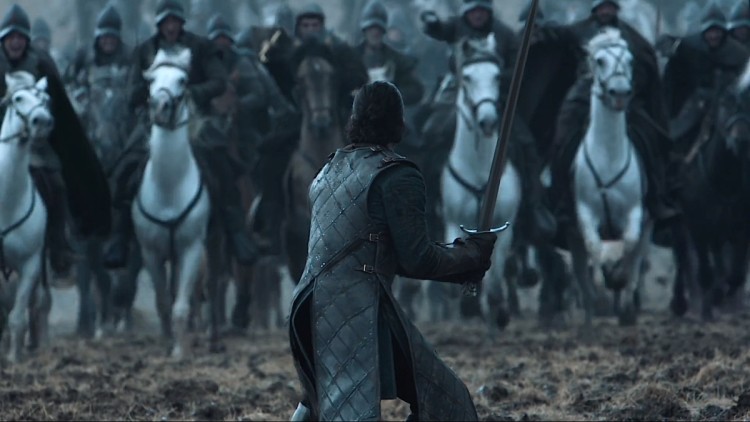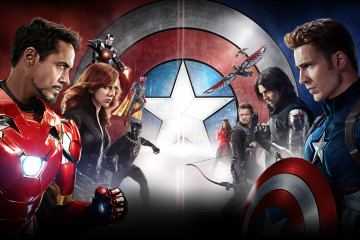Game of Thrones – Battle of the Bastards

What I hated: Game of Thrones has driven home, time and time again, that your excesses undo you. Those who can not see past their flaws are doomed by them. Ned, the presumed protagonist, and his honor was the first strong message of this theme. Nearly every character whose failed along the way had the same lesson taught oftentimes at the expense of their life. The Red Viper was obsessed with vengeance. Robb Stark was blind to politics and too chivalrous. Stannis was slavishly devoted to justice and blinded by Melisandre’s faith. Tywin refused to see the value in his misshapen son. And death is not the only punishment. Cersei and her obsessive love saw her cast low and powerless. Theon’s insecurities resulted in him suffering the cruelest of tortures. The list goes on and on, and the common theme inflexibility will break you. Whatever your weakness it is, be it noble or base, letting it rule you is the surest way to lose the game of thrones.


No Comment